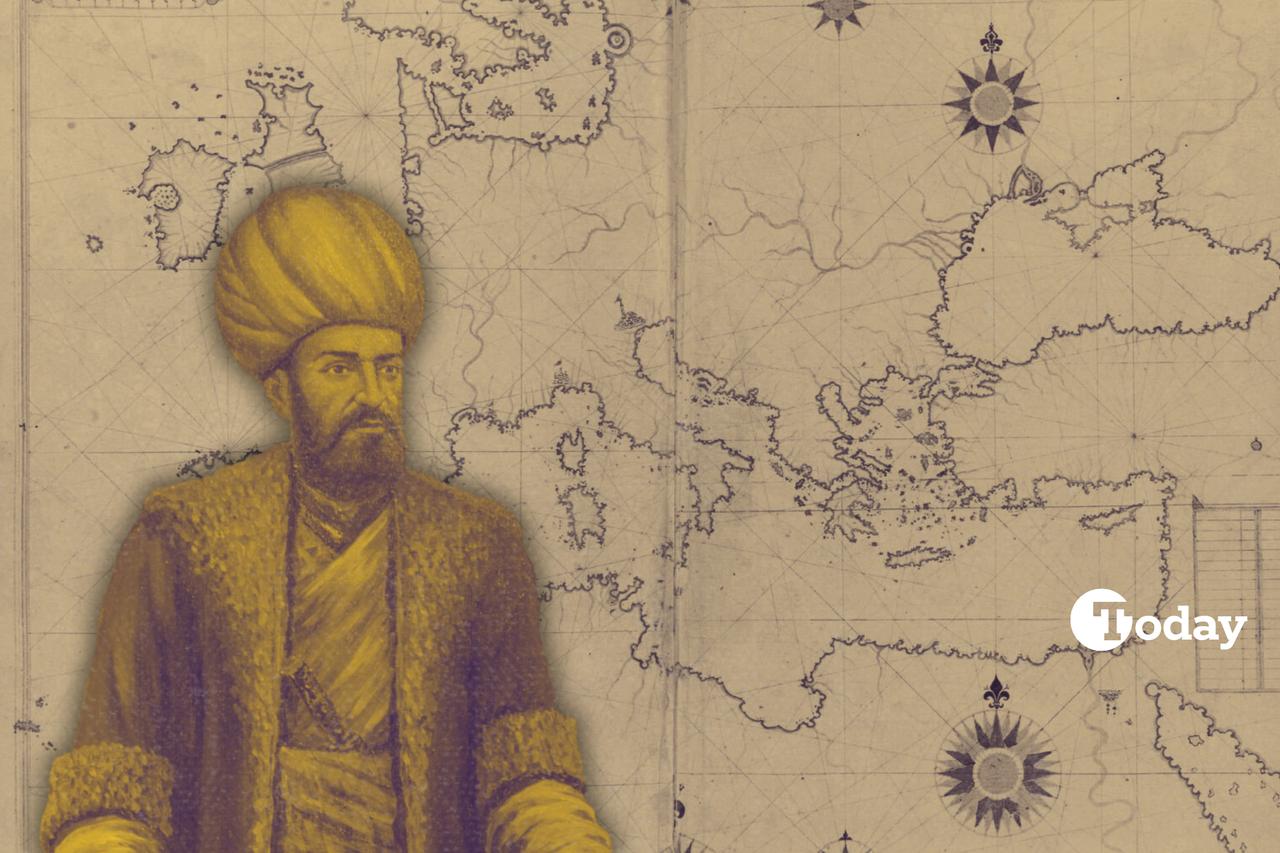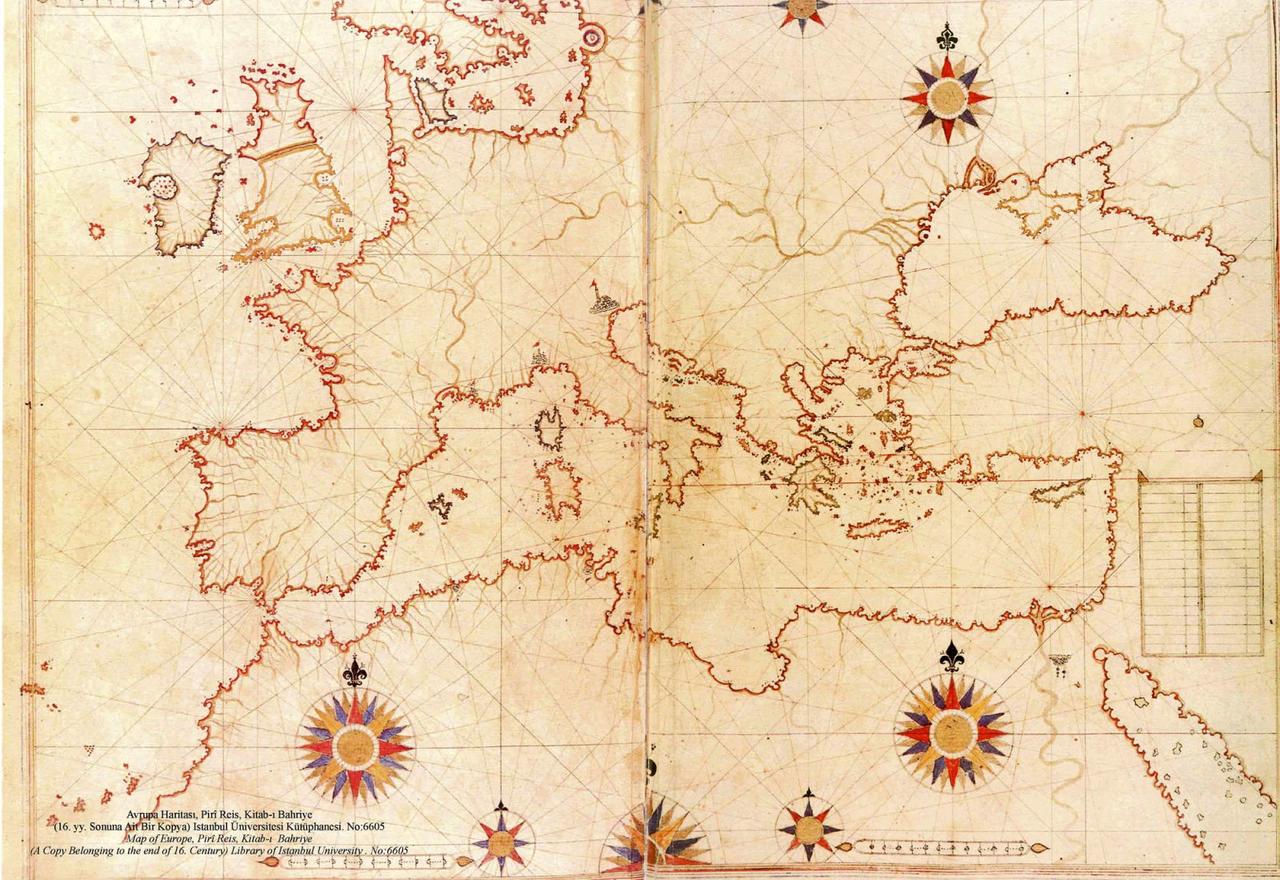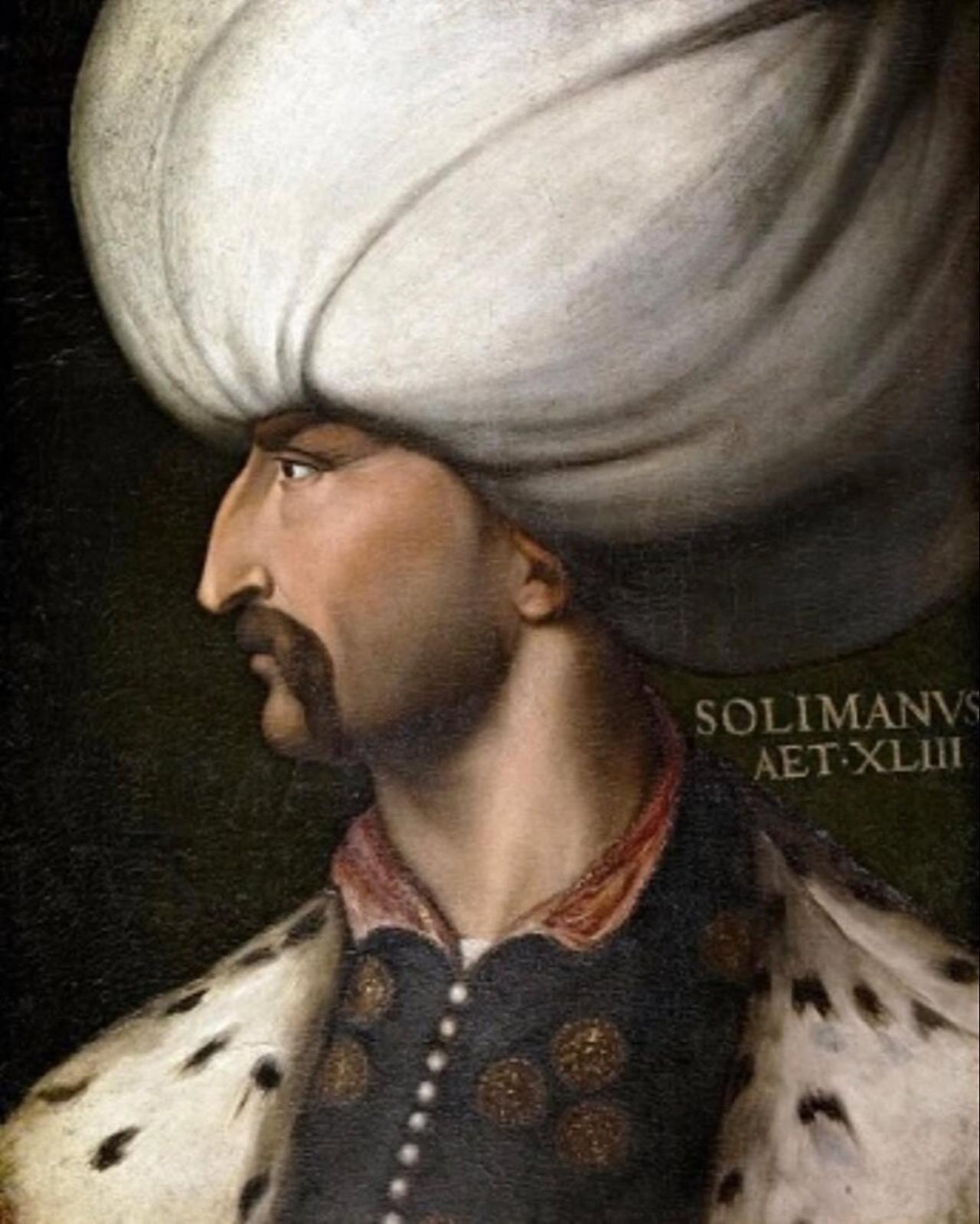
In the mid-16th century, control of maritime trade routes in the Indian Ocean became a central struggle between the Ottoman Empire and Portugal. The Portuguese had seized Hormuz Island, at the entrance of the Persian Gulf, in 1515, enabling them to dominate shipping in the region. However, they were unable to capture Aden, which left Ottoman-held Red Sea routes open. To secure this corridor, the Ottomans established a naval base at Suez in 1525.
By 1547, Sultan Suleiman I, known as Suleiman the Magnificent, appointed the renowned navigator and cartographer Piri Reis as admiral of this fleet. His first task was to suppress a rebellion in Aden, where local leaders had considered seeking Portuguese protection. In 1549, Piri Reis successfully restored Ottoman control of the city, a victory that earned him a larger mission: to capture Hormuz with reinforcements from Basra.

Sultan Suleiman I ordered that the admiral first sail to Basra, embark 15,000 soldiers, and then strike Hormuz with speed and surprise. He was also instructed not to provoke the Portuguese before reaching Basra. Instead, Piri Reis led his fleet to raid Muscat, a city under Portuguese protection, before launching a direct siege on Hormuz.
The Portuguese garrison, well-prepared with supplies and heavy artillery, resisted for weeks. Unable to breach the fortress walls and running low on ammunition, Piri Reis abandoned the siege and withdrew to Basra. Sources describe his ships loaded with spoils and prisoners taken during the Muscat raid, but the governor of Basra, Kubad Pasha, received him coldly and accused him of ignoring imperial orders.

Fearing imperial punishment, Piri Reis attempted to return quickly to Suez with only three treasure-laden galleys. He narrowly escaped Portuguese fleets by crossing the Strait of Hormuz during a storm. Once in Egypt, however, he was arrested on the orders of the sultan. Shortly afterward, he was executed in Cairo.
While Portuguese chronicles claimed he had simply disobeyed orders, Ottoman sources offer conflicting explanations. Some suggest he accepted bribes from the Portuguese to lift the siege, while others point to rivalries with provincial governors who sought a share of his plunder. Kubad Pasha, in particular, wrote reports to Istanbul accusing him of misconduct.
Historians agree that his downfall was tied to accusations of disobedience. Portuguese chronicler Diogo do Couto wrote that the sultan “ordered Piri Reis’ head to be cut off for breaking his command.” The consequences were significant: the Ottomans failed to secure Hormuz, leaving the Persian Gulf under Portuguese control, and their naval presence in the Indian Ocean weakened.
Turkish sources remain silent on the existence of Piri Reis’ son, but Portuguese accounts refer to a commander named Mehmed Bey as his son, making them the only tradition to record this detail.